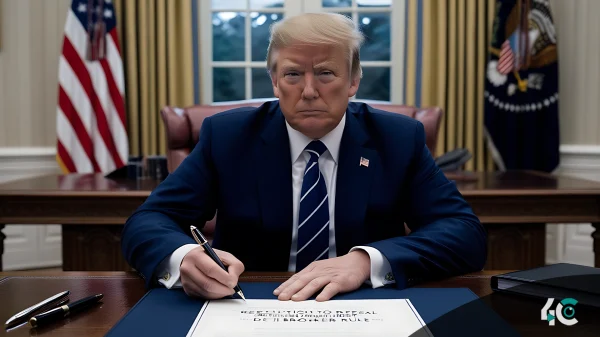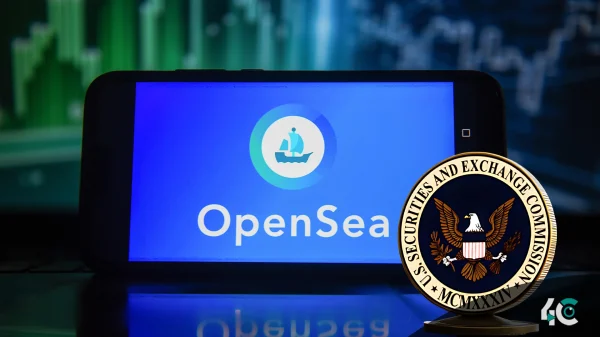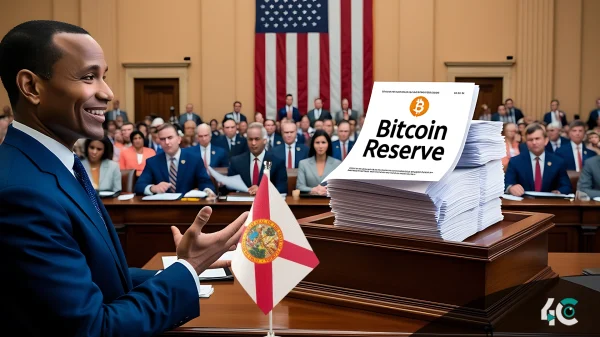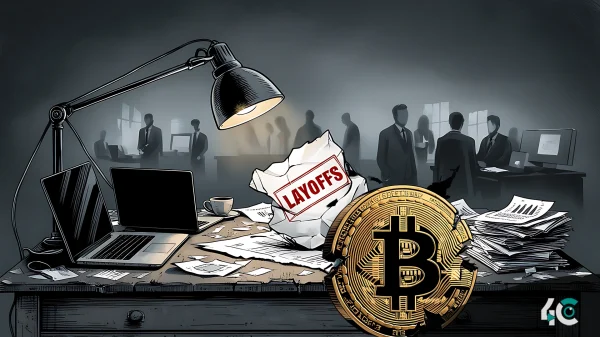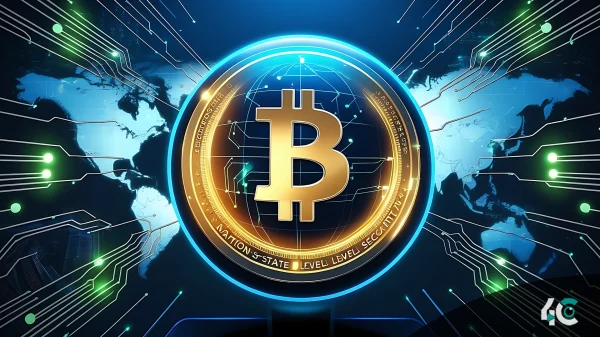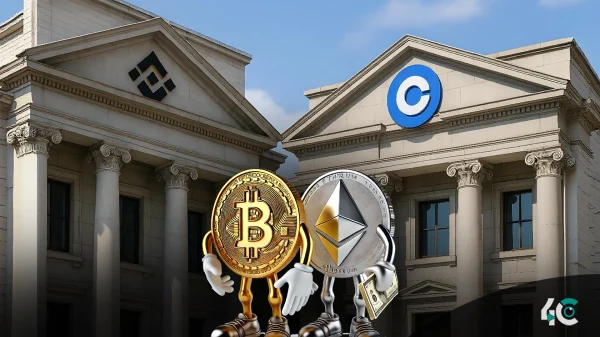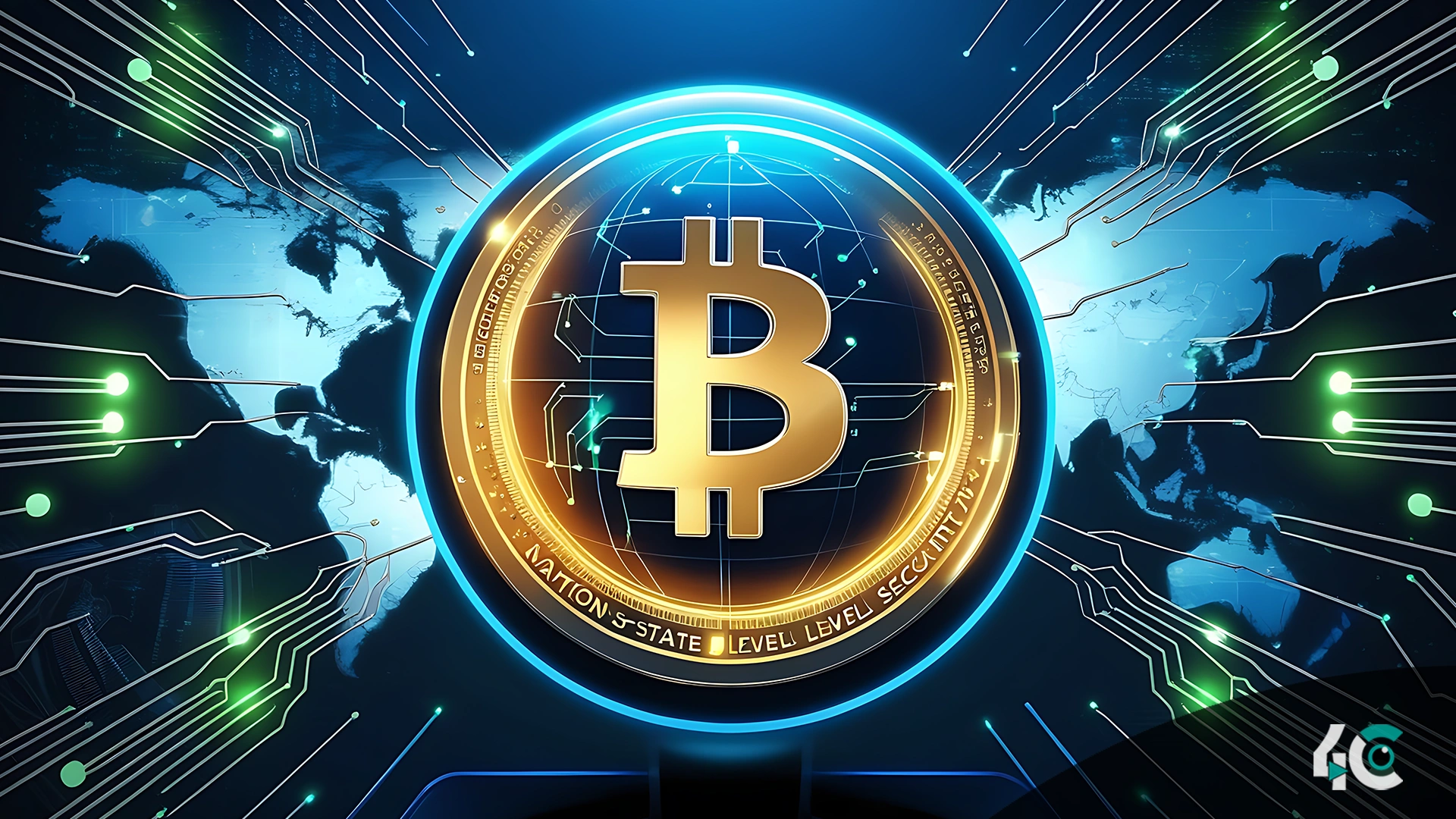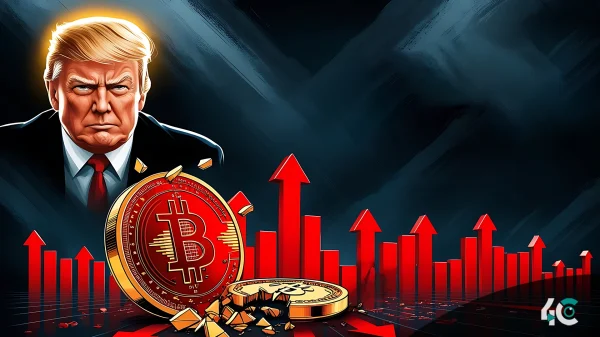Bitcoin is no longer just a digital asset—it’s becoming a geopolitical force. With growing adoption by governments, corporations, and individuals, Bitcoin is now being compared to a “nation-state” in terms of influence, economic impact, and decentralized power
A New Era of Security
By 2025, Bitcoin’s decentralized network is believed to be as safe—if not safer—as most sophisticated countries’ cyber defenses. Bitcoin’s blockchain security is outstanding now because of its 500+ EH/s hash rate. The cryptocurrency’s hashrate makes it invulnerable to almost any kind of attack. The attack on the network would require more resources than the world’s top supercomputers combined can afford. In other words, it would be too expensive to achieve such an attack.
Dr. Laura Martinez, a specialist in blockchain security, asserts that this marks a significant milestone for Bitcoin. “It’s no longer just a financial innovation—it’s superiority in technology with implications beyond cryptos.”
Why Security Matters
The unmatched security of Bitcoin is because it uses proof of work. This feature means that miners across the globe will solve complex problems to validate the transactions. The enormous magnitude of this process makes the task of 51% control to change the blockchain an exceedingly difficult task, which is to gain more than 50% control over the total network.
Such public protection has significant implications for world finance. Bitcoin offers a new architecture of transactions that do not need to rely on trust. Bitcoin’s design prevents hacking and fraud, unlike traditional banks. People and institutions can escape inflation, corruption, or other economic uncertainties, thanks to the robust security Bitcoin has to offer.
James Carter says that Bitcoin’s security isn’t just a technical achievement; it’s a statement about the fragility of centralized systems. “It challenges the idea that only governments and banks can protect people’s wealth.”
Implications for Global Finance
Bitcoin’s security, akin to a nation, raises questions about its role in the global financial ecosystem. One option is for Bitcoin to become a gold-like reserve asset that provides insurance against currency debasement and geopolitical problems. Due to its durability and scarcity, some countries, like El Salvador and Switzerland, are working on using Bitcoin in their economies.
But the rise of a decentralized, ultra-secure currency also presents problems for existing financial systems. Central banks that have always controlled monetary policy may lose it to an uncontrollable system. Furthermore, Bitcoin became popular, and many businesses saw where there was no intermediary in remittances, lending, international trade, etc.
Sarah Lin, a blockchain strategist, said that Bitcoin is not like standard finance. “We must reconsider all we know about money, trust, and power because of its rise.”
Geopolitical Ramifications
Bitcoin’s recent security growth has far-reaching geopolitical impacts. Countries that can’t stand firm may see them as a way to break sanctions or avoid restrictions on their capital. Some countries see this as an opportunity to create their own state-backed currencies with the same principles as Bitcoin.
Similarly, the security technology of Bitcoin could lead to advancements in other domains as well. Military groups, spy agencies, and companies might use this encryption to improve their defenses against hackers and cyberattacks.
Finance and national security are becoming less distinct, Dr. Martinez said. According to Martinez, the impact of Bitcoin on the world shows that financial evolution brings changes to how we view sovereignty and defense.
Challenges Ahead
Even though it has succeeded, Bitcoin has much work to do before becoming a reality. Governments worldwide have case studies on integrating cryptocurrencies, but it’s debated if any system is needed. Bitcoin’s energy consumption continues to raise environmental concerns, but innovations like renewable-powered mining are helping to mitigate the issue.
Furthermore, Bitcoin may be more secure than payments like credit cards, but it’s also slower. Its high transaction fees and low confirmation time make it impractical as a payment option.
“Security is only one piece of the puzzle,” said Marcus Reed, CEO of a blockchain analytics firm. To really change global finance, Bitcoin needs to deal with the challenges of scale, access, and regulation.
The Road Forward
As Bitcoin’s health grows, an outcome will take place in global finance; security is not the only answer to the challenge it presents. Will governments view it as support to their system or resist it as a threat? Can developers improve security and usability in order to use Bitcoin’s full potential?


